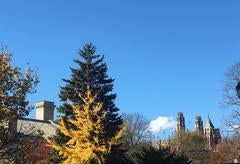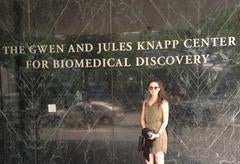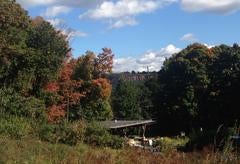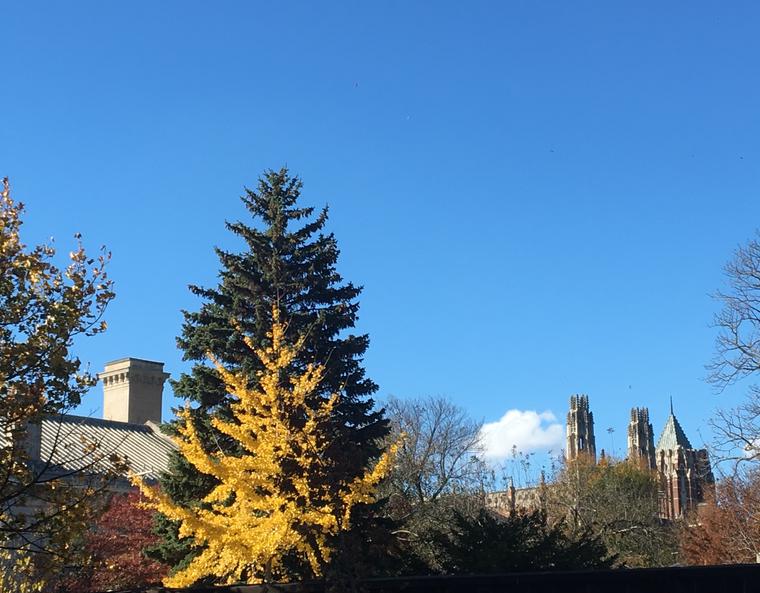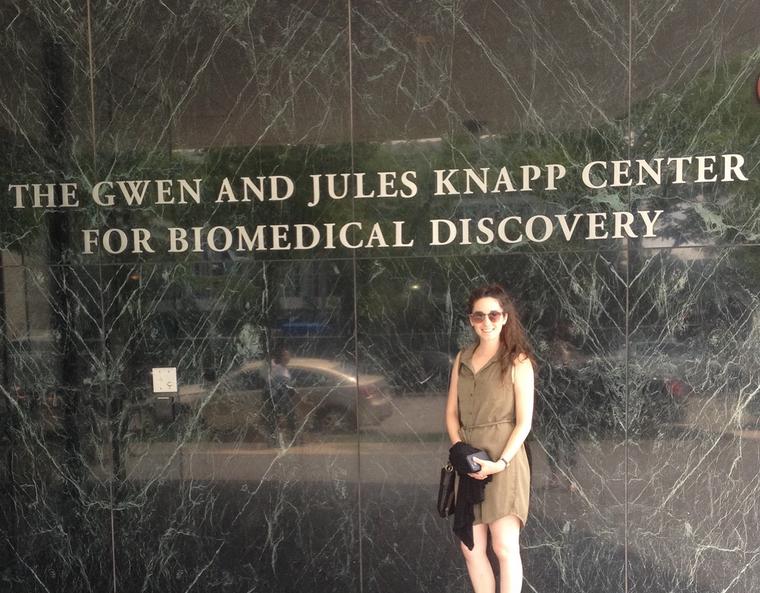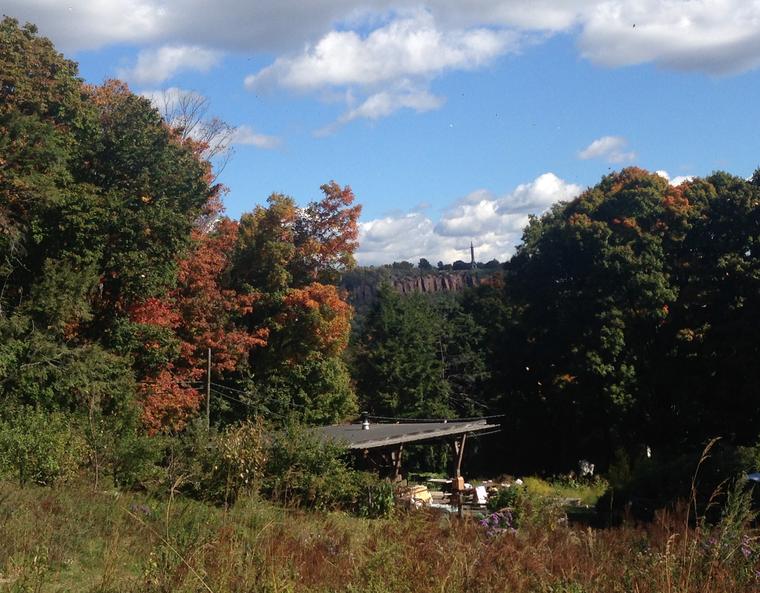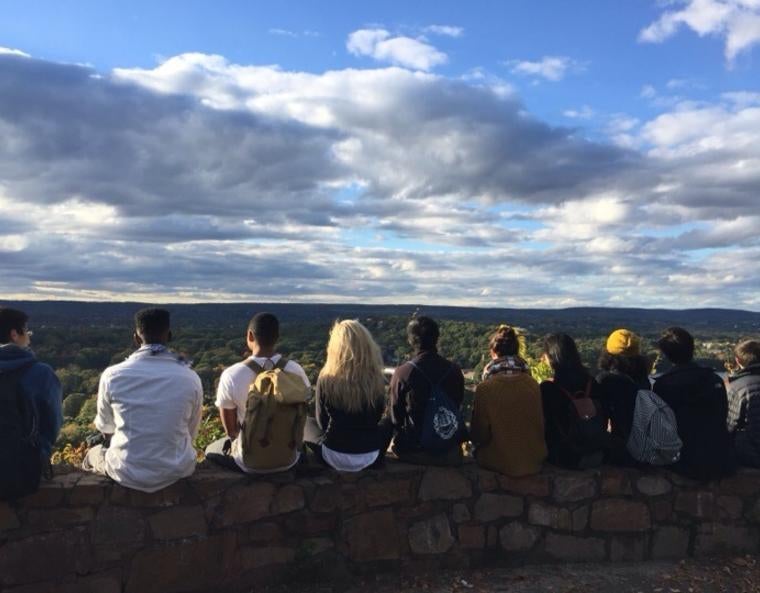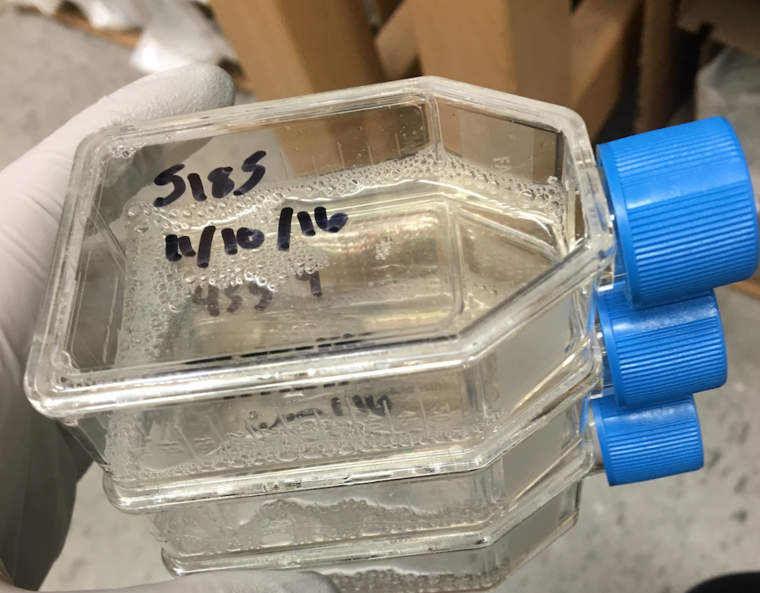
Yale Research: An Overview
Coming into Yale as a prospective Molecular, Cellular, and Developmental Biology major, I was a bit concerned about my lack of relevant research experience. Every other biology major I met during those first few weeks of freshman year seemed to have medaled in an international science competition, spent a summer at the National Institutes of Health, or presented their findings at a national scientific society conference—meanwhile, I didn’t even know how to use a pipet! However, this feeling of intimidation was completely unwarranted. While it is true that each Yale class includes plenty of students with remarkable prior research experience, there are just as many individuals who, while they are also very interested in pursuing science, have yet to step foot in a professional laboratory. As I learned early on, those opportunities are what Yale (a proud RESEARCH university) is so good at providing for novice and experienced students alike.
Research, in addition to classes and extracurricular activities, is a very important part of the undergraduate experience for many Yalies. In fact, over 95% of undergraduate science majors do research with faculty. Upon first arriving on campus, there is nothing stopping any student from diving right into the research scene. Students are not disadvantaged in any way for being inexperienced or new to the university—on the contrary, there are more research opportunities at Yale than students to make use of them: the university is home to over 800 different science/math/engineering labs! Often, all it takes is an email to get things started.
Before we begin looking at these different types of opportunities in more detail, let me also say that research opportunities for students with interests in fields outside of the sciences (art history, political science, sociology, mathematics, foreign language…you name it!) abound and can be found through similar methods to the ones described below.
Tools For Getting Started
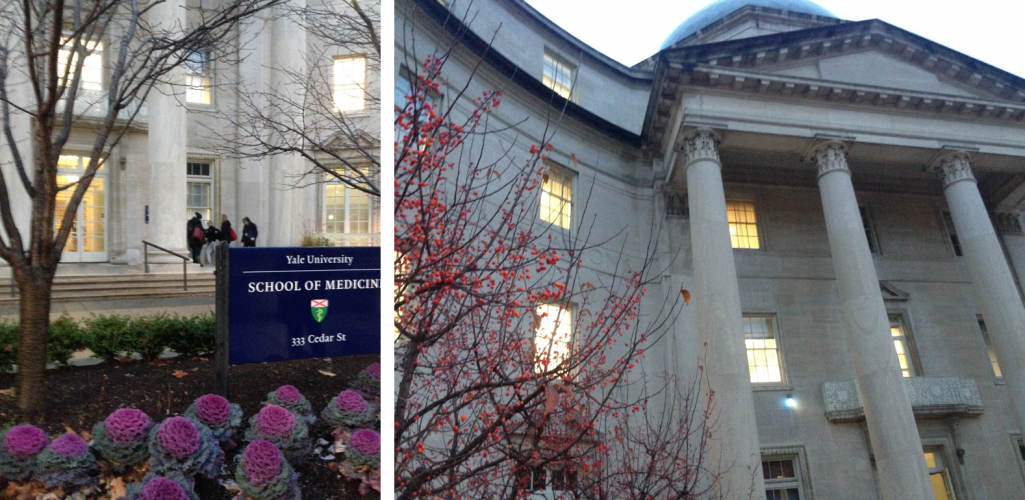
As soon as I got to Yale, I was aware of the vast array of resources available to me as an undergraduate bent on conducting meaningful scientific research. Getting started was as simple as googling topics I was interested in learning more about, followed by the word “Yale,” and reading through the results. Most of my queries would net several names of Yale faculty currently exploring those specified areas of inquiry whom I would subsequently look up in the Yale Directory. If the research of one of those Principal Scientific Investigators (PIs) seemed like a good fit for my interests, I would read through some of their published papers (also available on the Yale Directory) and would then compose an email asking them for an in-person meeting to discuss possible lab opportunities for undergraduates. More often than not, the PIs I contacted were very receptive and I learned quite a bit from these meetings, gaining both scientific knowledge and career advice.
Now, the above approach might be a bit “old-school” considering the newly minted Yale Undergraduate Research Association (YURA) Research Database, which launched in October, 2016. This online resource, available to all students with a Yale ID, provides a list of pre-vetted PIs who have indicated that they would be open to mentoring undergraduates. The database currently contains over 1400 Yale faculty research listings across more than 60 fields of study, including the humanities, social sciences, and STEM.
Additionally, there are always people at Yale willing to give advice on where to look and whom to contact for research opportunities. I was able to arrange meetings with my faculty advisor and a few other professors to determine how to pick a lab that best suited my interests. Freshman counselors and other older students are also great resources for finding out about other jobs and fellowships.
In the remainder of this post, I will outline a few of the different ways one can be involved in research at Yale…
Volunteer Research
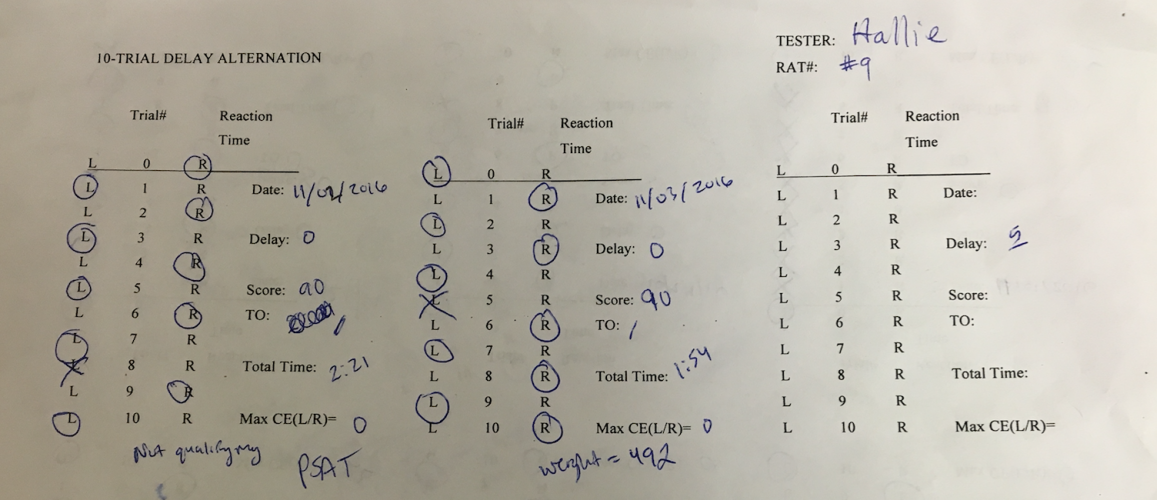
If you are a newcomer to a certain type of research when you arrive at Yale, it might be best to start by volunteering in a lab. Voluntary arrangements usually require fewer hours of work per week (or possibly coming in whenever you are free!), and can be good when you are still in the stage of determining if this specific lab environment and research topic are right for you.
I started volunteering in a neuroscience laboratory during the second semester of my freshman year, where I was able to assist with rat neurosurgical implantation procedures and working memory trials. I committed about five hours per week to this work and was thereby able to explore the field of neuroscience while having enough time to keep up with my studies and other work/extracurricular commitments.
Volunteer positions can also be negotiated to allow for more interaction with a mentor, such as was the case during my volunteer experience. I met with the graduate student I was working with on a bi-weekly basis to discuss recent papers relevant to the neural circuitry I was studying, which greatly enriched my time in the lab and also helped out with my biology coursework!
Paid Research
For students with a larger weekly availability and (sometimes) a pre-existing laboratory skill-set, paid research positions do exist. In some situations, undergraduates start getting paid after a semester or summer of “learning the ropes,” while in other cases they start getting paid right away. These terms vary from lab to lab and PI to PI.
Another option for students on financial aid who wish to be paid for their research is the Student Employment (Provost 50/50) Split. Through this program, PIs can pay half of an undergraduate researcher’s wages while the university pays the other half.
Research During the Summer
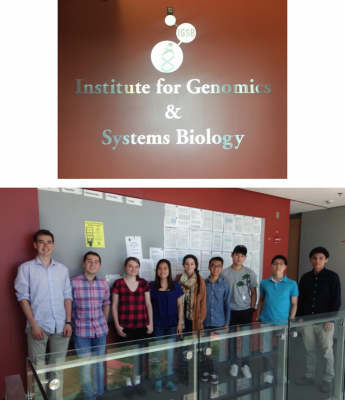
For many students too busy during term-time, summer is the perfect opportunity to do research. Additionally, most, if not all, undergraduate research carried out during the year can be continued during the summer by applying for a Yale fellowship or grant. One program that is especially popular for students researching the summer after their freshman year is the Yale Science, Technology and Research Scholars (STARS) program, which provides support for students to live on campus and participate in lab research over the summer. For summers after freshman year, other fellowships/grants exist including the Yale Science Scholars Program and the Yale College Dean’s Research Fellowships.
Other advising newsletters and online services exist for finding research experiences at other universities, allowing students to live at home during the summer while still experiencing research or to leave campus and research abroad or at another U.S. institution. I spent the summer after my freshman year at the University of Chicago Conte Center working on finding correlations between various neuropsychiatric disease phenotypes in the U.S. population using computational techniques. There, I was able to collaborate with students from Harvard, MIT, and UChicago.
Research for Credit
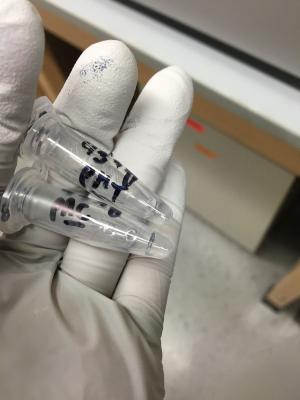
One of the most enriching ways in which to conduct independent scientific research at Yale is through a specially-designed research course. Most students end up conducting research to fulfill their senior year major requirement, but courses granting credit for independent research are also offered to underclassmen. One such course is MCDB 474, in which I participated last semester. This course allowed me to spend a semester learning microbiology techniques in a lab of my choice. My specific project focused on investigating several Aedes aegypti (mosquito) salivary proteins for potential as targets in Zika and dengue virus vaccines.
Research for credit differs from paid/volunteer research in two key ways: 1) there is a deadline imposed by the fact that the courses end with the semester, and 2) there is often some type of official written report or presentation at the end of the project. I think that these opportunities provide a unique perspective on what it is actually like to have a career in research, with real deadlines for proposals and reports, as well as the chance to get structured feedback from mentors and faculty.
Further Information
For further information about research at Yale, please go to the following link: https://admissions.yale.edu/undergraduate-research
